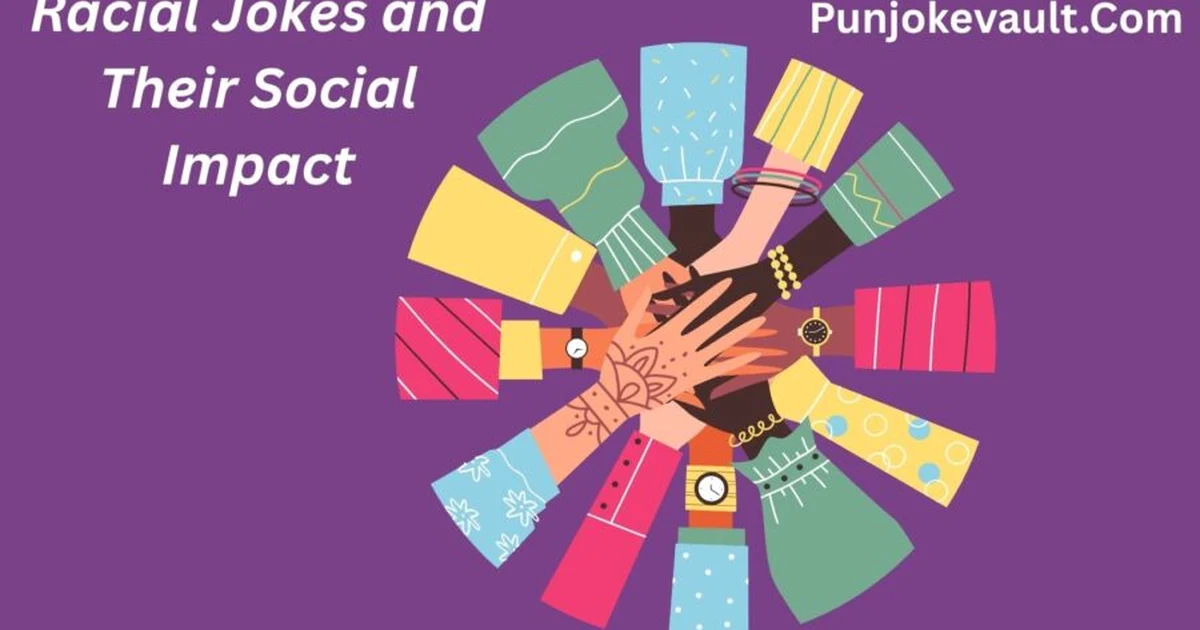Humor has always been a part of human culture. It helps people bond, relieve stress, and express complex emotions. However, when humor targets specific racial or ethnic groups, it can have harmful social effects. Racial jokes are a form of communication that may appear harmless but often reinforce stereotypes and discrimination.
1. Understanding Racial Humor
Racial jokes are statements or stories that use race or ethnicity as the main subject of humor. They often rely on stereotypes — simplified, exaggerated, or false ideas about a group of people. While some people defend such jokes as “just humor,” research shows that they can normalize prejudice and make discrimination seem acceptable in casual settings.
2. The Psychology Behind It
Studies in social psychology (such as those by Thomas Ford, 2016) show that exposure to biased jokes can increase tolerance for discrimination. When people laugh at racist humor, it sends a message that bias is socially acceptable. Even those who do not consciously support prejudice may become desensitized over time.
3. Media and Cultural Influence
In movies, stand-up comedy, and online spaces, racial humor has been both challenged and normalized. The internet age has amplified its reach. Platforms like Reddit and TikTok have faced criticism for allowing memes or jokes that cross into racial bias. On the other hand, some comedians use satire to expose racism rather than promote it — turning humor into a tool for awareness.
4. Social Consequences
Racial jokes can harm individuals and communities. They may:
- Lower self-esteem and belonging for targeted groups
- Strengthen social divides
- Encourage “us vs. them” thinking
- Reduce empathy and mutual respect
Even when intended as “fun,” such humor can remind marginalized groups of real-life discrimination.
5. Promoting Inclusive Humor
The goal isn’t to remove humor — it’s to make it fair. Inclusive comedy finds laughter in shared experiences rather than differences. It helps people connect across backgrounds. Education, empathy, and awareness are key to understanding how jokes can either build bridges or create barriers.
Conclusion
Racial jokes reveal the hidden power of language and laughter. They remind us that humor shapes how society views identity, equality, and respect. Scholars and media creators are now emphasizing “responsible humor” — using wit to unite rather than divide. The future of comedy lies in being funny and fair.
Note.
“This article is for educational purposes only. I do not support or promote racial jokes or discrimination.”

Alexa Xolen is a humor writer at Punjokevault.com, creating witty jokes and clever puns to make your day brighter. She loves spreading smiles, one laugh at a time.
